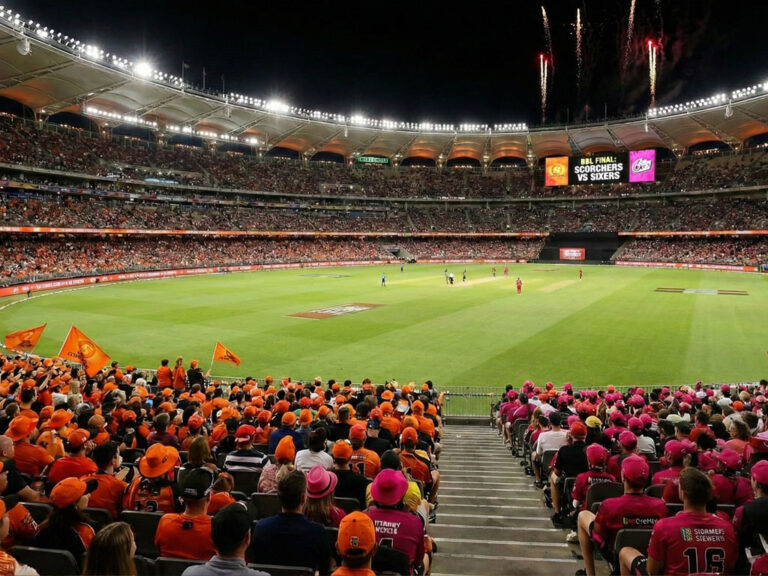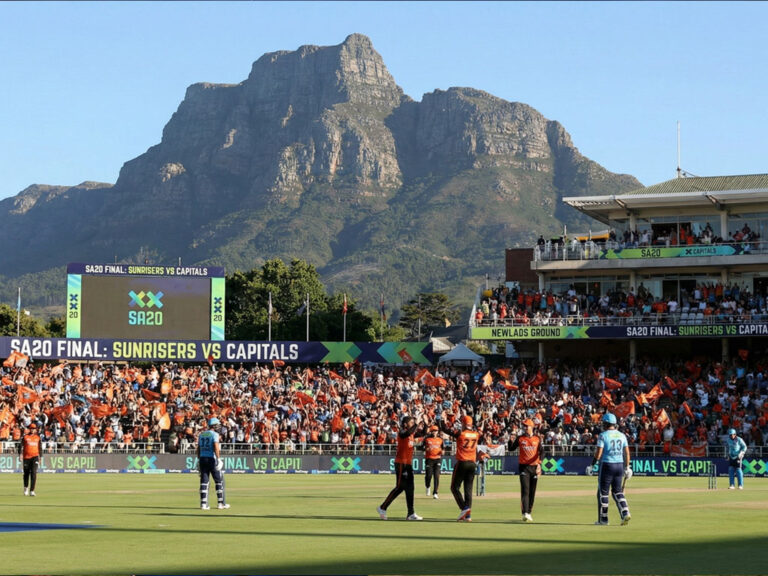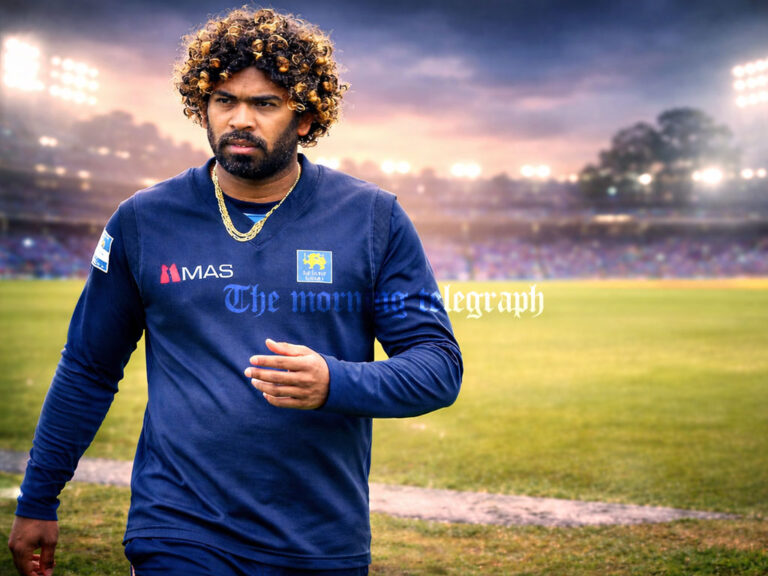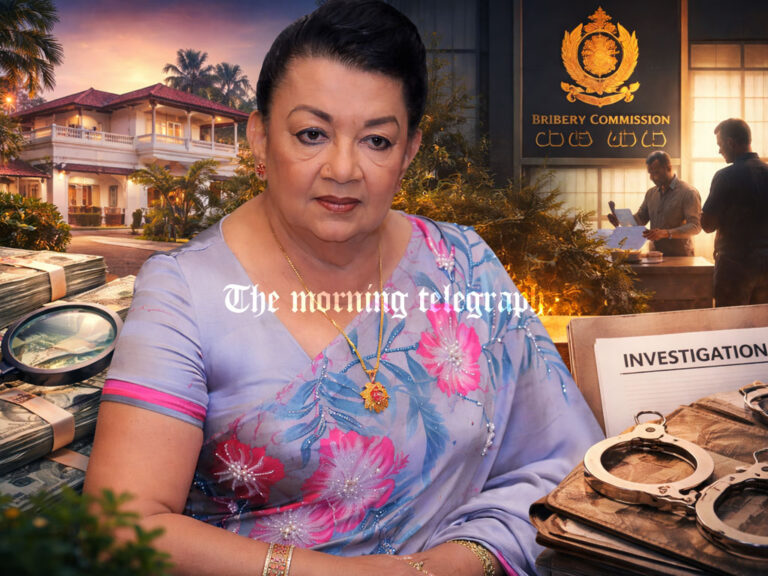
A growing controversy is unfolding around the visit of Vietnamese spiritual figure Thich Minh Thieu Thero, whose unannounced foot pilgrimage across Sri Lanka has drawn sharp criticism from Buddhist authorities and prompted intervention by local police.
The 44-year-old monk, popular on social media for his ascetic lifestyle and barefoot alms-seeking practices, arrived in Sri Lanka on April 10 with a group of followers. Since then, the group has traveled across the island on foot, receiving temple welcomes and sharing videos online—prompting both admiration and alarm.
But now, both Sri Lankan authorities and the official Vietnamese Buddhist establishment are raising serious concerns.
Deemed ‘Fake Monk’ by Vietnamese Sangha
According to an investigation by BBC Sinhala, the Vietnam Buddhist Sangha—the only government-recognized religious body in Vietnam—has officially rejected Thich Minh Thieu Thero’s legitimacy as a monk. The Sangha issued a letter to Sri Lanka’s Ministry of Buddhism, warning that the group should not be allowed to carry out religious activities on the island.

Ministry Secretary W.P. Senadheera confirmed that the letter had been received, and that it clearly stated the Vietnamese group did not represent any official delegation and had arrived on tourist visas.
Commissioner General of Buddhist Affairs R.M.P. Ratnayake also verified that while the group entered legally on valid visas, their activities—particularly the highly visible procession-style foot pilgrimage—raise concerns over visa violations and unauthorized religious conduct.
Buddhist Clergy Raises Alarm
The criticism doesn’t end there. Venerable Pelane Dhamma Kusala Thero, Chief Incumbent of the Berlin Vihara in Germany, voiced his concern to BBC Sinhala, stating that Sri Lanka’s Buddhist institutions failed to act despite prior warnings.
“These people are acting like a show,” he said. “They collect money from Vietnamese people around the world, and now they are using footage from Sri Lanka to claim legitimacy. Sri Lanka is a Buddhist country—our temples welcoming them sends a wrong message globally.”

Deputy Registrar of the Malwatta Chapter, Venerable Mahawela Rathanapala Thero, also confirmed that the Vietnamese Department of Buddhism wrote to the Malwatta Mahanayake, requesting immediate intervention. The letter labeled Thich Minh Thieu Thero’s group as “monk-disguised” and accused them of violating Vinaya discipline.
In response, Mahanayake Thibbatuwawe Sri Sumangala Thero urged the Commissioner General of Buddhist Affairs to take action through the Department of Immigration and Emigration and stop the group’s tour immediately.
Police Intervention in Kuliyapitiya
Police Media Spokesperson SSP Buddhika Manathunga told BBC Sinhala that a procession consisting of approximately 40 individuals was halted in the Kuliyapitiya area.
“You need police permission to hold a procession in Sri Lanka. Moreover, you cannot demonstrate while on a tourist visa,” he said.
Authorities issued a formal warning and instructed the group to cease the pilgrimage. As of now, the group has relocated to a forest temple in Warakapola and no arrests have been made. However, police stated they are closely monitoring the situation.
“If they continue this without proper authorization, we will take legal action,” SSP Manathunga added.
Who Is Thich Minh Thieu Thero?
Thich Minh Thieu Thero is a well-known online personality in Vietnam, celebrated for his minimalist lifestyle and spiritual teachings. Despite this, the Vietnam Buddhist Sangha insists he is not affiliated with any recognized temple or monastic institution and does not hold legitimate ordination.
In interviews, Thich Minh Thieu Thero has referred to himself not as a monk, but as a “follower of the Buddha’s teachings.”
His global followers and growing social media presence have enabled widespread fundraising, raising further suspicion among Buddhist leaders. Critics argue his movement is more performative than spiritual and warn of its potential to mislead the public.
What’s Next?
The Sri Lankan government now faces pressure to clarify the group’s status and ensure that foreign visitors—especially those conducting religious activities—do not misuse the country’s spiritual institutions or visa regulations.
Meanwhile, Buddhist authorities are calling for a consistent policy that upholds the integrity of Sri Lanka’s religious traditions while balancing the rights of foreign spiritual practitioners.
As of now, the Vietnamese monk remains in Sri Lanka—his future steps watched closely not only by officials but by thousands of curious onlookers online.




